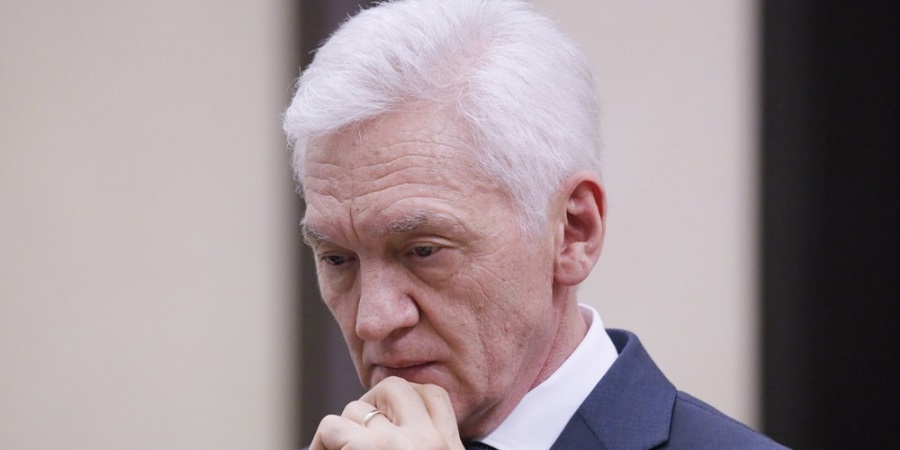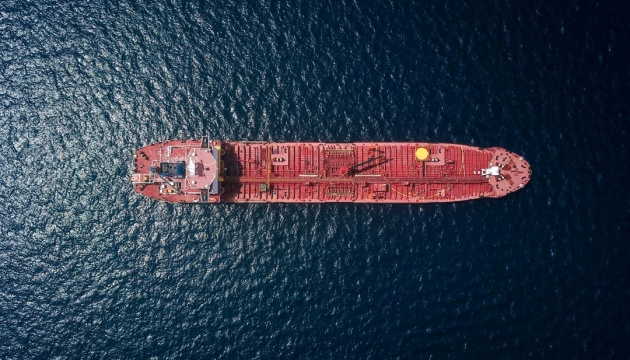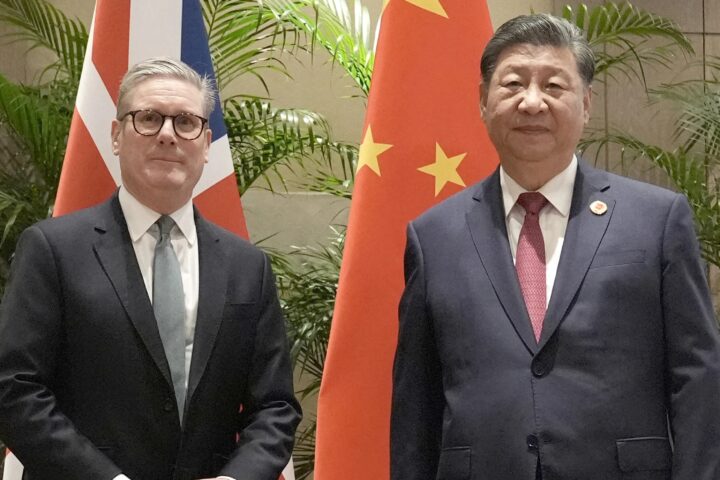On 1 August 2025, the Court of Justice of the European Union in Luxembourg dismissed the appeals filed by Russian billionaire Gennady Timchenko and his wife Elena, reaffirming their continued inclusion on the EU’s sanctions list. The couple had sought to overturn restrictive measures introduced as part of the European Union’s response to Russia’s aggression against Ukraine.
The ruling marks yet another failed attempt by the Timchenkos to escape EU sanctions, originally imposed for their links to actions that “undermine or threaten the territorial integrity, sovereignty and independence of Ukraine.” In addition to maintaining the sanctions, the court also ordered the Timchenkos to cover all legal costs.
Family and financial ties deemed politically relevant
In its decision, the court accepted the opinion of its Advocate General, who in July had recommended rejecting the couple’s claims. While Elena Timchenko had filed a separate appeal, the court confirmed that her personal and financial links with her husband—particularly through their jointly managed fund—went beyond private marital ties. These links, the court concluded, enabled her to participate in public and financial affairs associated with Gennady Timchenko, a close confidant of Vladimir Putin.
This latest ruling underlines the EU’s legal strategy of targeting not only Russia’s political and military leadership, but also key figures in Putin’s inner circle and their immediate families.
Sanctions seen as leverage against the Putin regime
The case reflects a broader EU and Western approach that views sanctions on oligarchs, senior officials, and regime enablers as one of the few effective tools to apply pressure on Moscow. Targeting Putin’s close allies weakens the regime’s financial base, increases internal tensions among elites, and serves as a public signal that complicity in the Kremlin’s war will bring long-term consequences.
According to U.S. Senator Richard Blumenthal, increasing sanctions fivefold could help bring an end to Russia’s ongoing war in Ukraine, now in its fourth year. While former President Donald Trump has expressed doubts about the impact of sanctions, even he acknowledged that additional measures would be introduced if Moscow refuses to enter peace negotiations.
Broader impact of sanctions on Russia’s economy
Despite not triggering an immediate economic collapse, Western sanctions—supported by allies such as Japan, South Korea, and Taiwan—have significantly weakened Russia’s economy. The country has become poorer, more technologically isolated, and increasingly dependent on secondary partners like China, the UAE, India, and Turkey.
In response to Western restrictions, the Kremlin has been forced to increase wartime spending and reallocate resources to mitigate the impact. Meanwhile, calls are growing within the transatlantic community to extend sanctions further: targeting Russia’s shadow oil fleet, imposing secondary sanctions on third-party enablers, disconnecting Russian banking systems, banning dual-use exports, and halting deliveries of vital oil and gas extraction equipment that Russia cannot produce domestically.
Strategic aim to erode Ukraine’s sovereignty
The Timchenko case also underscores the geopolitical logic behind Russia’s long-term goals. According to experts, the Kremlin’s demands for a “neutral” Ukraine reflect a desire not only to control Ukrainian territory but to strip it of its political agency. Putin’s peace proposals envision a demilitarized “gray zone” with no defensive alliances or nuclear guarantees—a direct challenge to European security architecture.
As the war continues, legal decisions like this reinforce the EU’s resolve to hold high-profile enablers of aggression accountable and limit their ability to operate freely across international jurisdictions.















